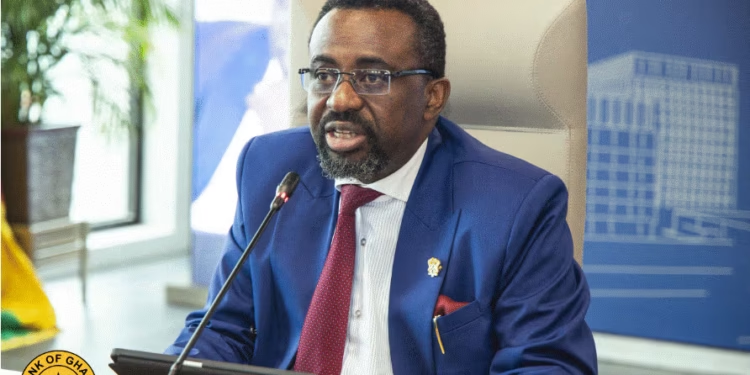Ghana’s Event Industry has seen remarkable growth over the past decade, with a surge in concerts, festivals, conferences, and cultural events.
However, a troubling trend known as the “free ticket culture” is threatening the sustainability and profitability of this burgeoning sector.
The free ticket culture is the widespread expectation among audiences that they should have access to events without any cost.
Several factors have fueled this trend, including the rise of social media, the proliferation of free events, and a general decline in the perceived value of paid experiences.
UK-based Ghanaian event organizer, Benny Sarfo, popularly known as Bizzle, has pointed out the pervasive “free ticket culture” in Ghana’s event industry.
According to him, it is negatively impacting the event industry. Bizzle expressed frustration over the constant demand for free tickets, which he says often leads to financial losses for event organizers.
“I know you… I’m putting on the show. Because you know me, you expect me to give you a free ticket. Everybody is asking for a free ticket, and at the end of the day, I’m running at a loss.”
Bizzle
He recounted an incident at Kweku Flick and Article Wan’s show, where an individual claimed to be the personal videographer for one of the artists.
“Someone just pulled up, saying he was the personal videographer to one of them. I made a phone call to find out, and the artist was like, ‘I have no clue.’ So you see what I’m saying. Somebody will dress up, put on their clothes, and just pull up thinking, ‘I know someone, so I should get a free ticket.”
Bizzle
Platforms like Facebook, Instagram, and Twitter have made it easier for event organizers to promote their activities.
However, they have also created a space where audiences easily access information about events, leading to a saturation of free or heavily discounted offerings.
The increase in free concerts, festivals, and community events has conditioned audiences to expect free access to entertainment.
While these events foster community spirit and inclusivity, they also set a precedent that undermines the financial viability of paid events.
In Ghana’s event industry, there is a strong cultural belief that entertainment should be accessible to all. While this is a noble sentiment, it has led to a reluctance to pay for events, especially among younger audiences who prioritize affordability over quality.
Impact on Ghana’s Event Industry

Event organizers face significant challenges in covering costs when audiences expect free entry. This has led to a reliance on sponsorships and partnerships, which are not always sustainable or sufficient to cover production expenses in Ghana’s event industry.
With dwindling ticket sales, organizers cut corners on production quality, artist fees, and marketing efforts. This decline in quality leads to a vicious cycle where poor experiences deter audiences from attending future events, further exacerbating financial difficulties.
Many artists, especially emerging talents, struggle to make a living due to the expectation of free performances. This not only affects their livelihoods but also discourages them from pursuing careers in the arts, ultimately stifling creativity and innovation within Ghana’s event industry.
The abundance of free events has saturated the market, making it difficult for paid events to stand out. Audiences become overwhelmed by the sheer volume of options, leading to decision fatigue and decreased attendance at paid events.
The promoter emphasized that the free ticket culture is prevalent and damaging the Ghana’s event industry.
“Imagine if I’m giving out 200 free tickets or even 5 tickets; it’s a lot of money. At the end of the event, I’ve lost money.”
Bizzle
There is a need for a concerted effort to educate audiences about the value of paid events. Organizers leverage social media and community outreach to communicate the importance of supporting local artists and Ghana’s event industry.
Offering tiered pricing structures accommodates different audience segments. This allows for a range of ticket options, from affordable general admission to premium experiences, making events accessible while still generating revenue.
Encouraging a cultural shift towards valuing and supporting local events is essential. Community leaders, influencers, and artists play a pivotal role in promoting this message, fostering a sense of pride in local talent and Ghana’s event industry.
The free ticket culture poses significant challenges to Ghana’s event industry, threatening its sustainability and growth.
However, with proactive measures and a collective effort from organizers, audiences, and stakeholders, it is possible to shift perceptions and revitalize the industry.
By emphasizing the value of paid experiences, enhancing the quality of events, and fostering a culture of support, Ghana nurtures a vibrant event industry that benefits artists, audiences, and the economy as a whole.
READ ALSO: Vice President Urges Council of State to Take Active Role in Governance























